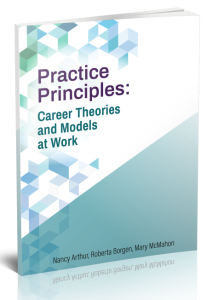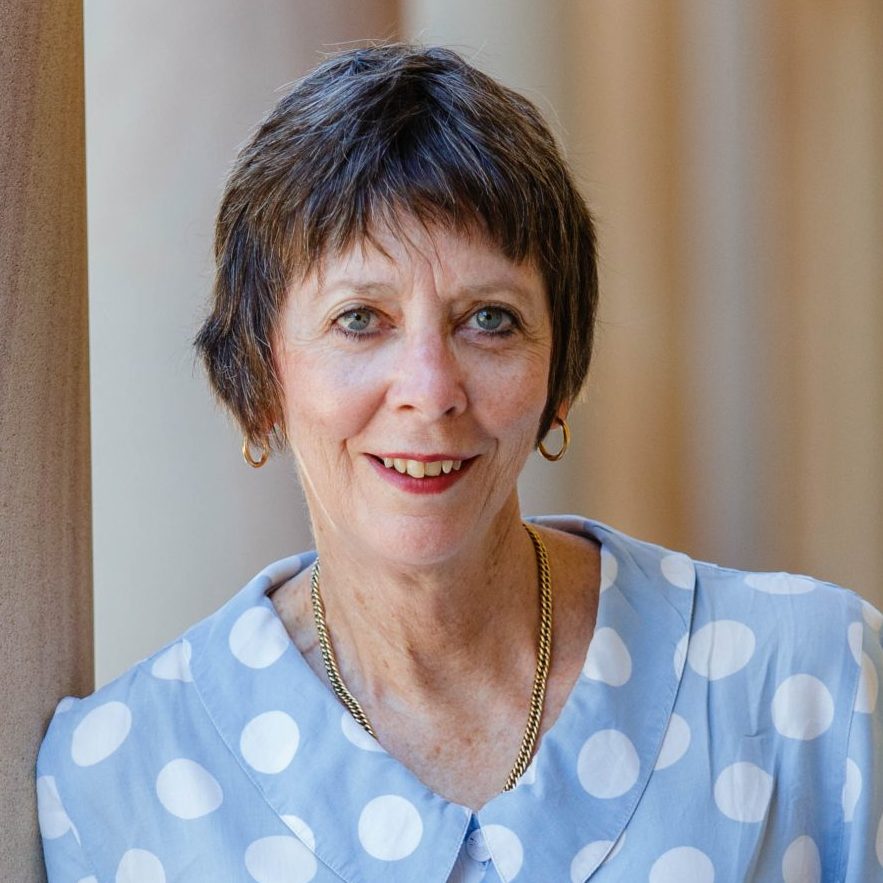|
Getting your Trinity Audio player ready...
|
At the end of each of the 43 chapters in the book Career Theories and Models at Work: Ideas for Practice, authors provided a page of practice points. What can we learn from those practice points to inform and strengthen theory-practice connections? The results of an in-depth analysis are presented in the newly released, CERIC-funded book Practice Principles: Career Theories and Models at Work.
One of the eight practice principles emphasizes that career development practice is built on relationships. This blog explores why, regardless of your theoretical orientation or roles as a career development practitioner, forming quality relationships with your clients is essential to effective practice.
Relationships permeate most facets of our everyday lives. We have relationships with family members, friends, colleagues, professionals such as dentists and doctors, and a broad range of other people including retail assistants and tradespeople. Each of these people have different roles in our lives and so the nature of our relationships differs; some relationships are intimate, while others are based on business transactions.

In career development practice, the client-practitioner relationship is sometimes referred to as the working alliance because, in most cases, clients have a career issue or problem that they want to work on with the career development practitioner. Every client is different, so forming a working alliance or relationship should not be formulaic.
Relationships should be tailored to each client and mindful of the client’s and career practitioner’s cultural identities. Career development practitioners are encouraged to reflect on their own cultural identity and how it might impact their practice. The influence of culture is pervasive and may affect help-seeking by clients, interventions employed by career development practitioners, and possible actions and next steps. You may want to reflect on the different clients you have and how your relationships with them differ.
Read more in this article series
Practice Principles at Work: Cultural contexts and career development
Practice Principles at Work: A customized approach to career development
In most cases, clients have not previously met the career development practitioner, and might feel vulnerable sharing their personal information and emotions with a stranger. Creating a safe space for clients to be able to share their information is essential for effective practice. In a safe space, clients will feel that they are respected and listened to, that they matter to the career development practitioner, and that the practitioner cares about them and is trying to understand their situation from their point of view.
Trust is also essential to effective relationships. Relationships strengthen and deepen over time. Relationship building is not a single step, but rather an ongoing process across the course of the client-practitioner relationship. Qualities commonly associated with effective client-practitioner relationships include empathy, mattering, trust, respect, care, genuineness and listening. How do you build quality relationships with your clients?
Client-practitioner relationships are purposeful, and the purpose is determined by the client’s presenting issues and reasons for seeking assistance. Consequently, goal setting and information gathering are important. Goal setting is a collaborative process based on clients’ desired outcomes and what is needed to achieve those outcomes. Goals may be set within and across sessions and may change as more information is uncovered. Clients are experts in providing information related to themselves and their issues and it is incumbent on career development practitioners to listen deeply to them.
Sometimes career development practitioners may feel that using a career assessment instrument may be helpful in providing more information for a client to consider. Whether or not to use a career assessment instrument should be negotiated with the client. Information provides the basis on which clients can make decisions about their future direction and the actions they might take. How do you set goals, gather information and decide whether to use career assessment in your own practice with clients?
All relationships need work. From time to time, we need to reflect on how our relationships are going. We may be happy with some things and not with others. We may want to keep some things the same and change others. Similarly, in career development practice, we need to evaluate our client-practitioner relationships. Evaluation is best done in collaboration with clients. Monitoring progress, reflecting on change and reviewing goals can all be part of the evaluation process. Approaching evaluation with an open mind and a willingness to learn and change is good practice. How do you facilitate evaluation in your client-practitioner relationships?
All relationships are complex and consistently need to be worked on. Similarly, time and effort are needed to build and maintain quality client-practitioner relationships. The reward from quality client-practitioner relationships is likely to be enhanced client outcomes.







